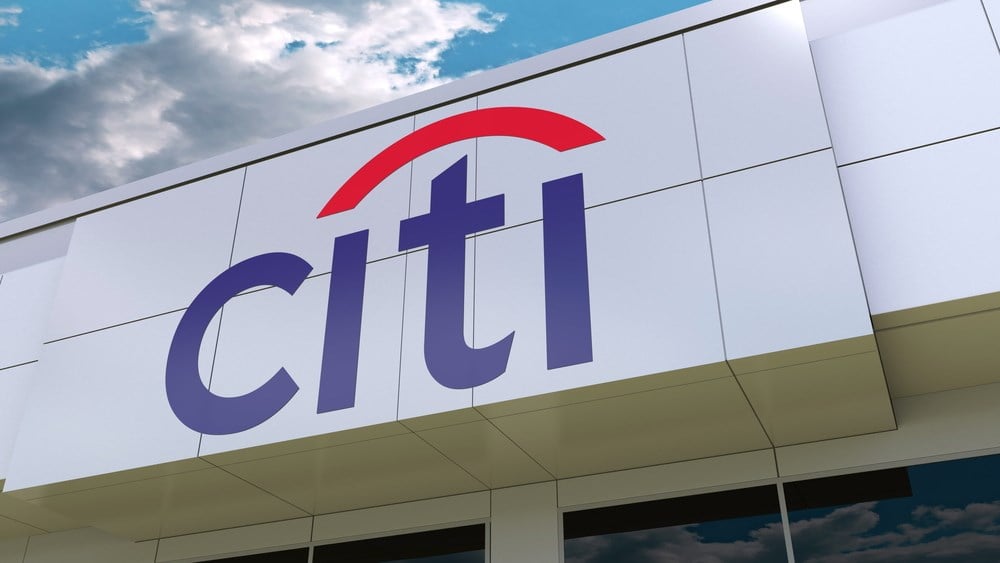
Historically speaking, lower interest rate environments favor (price appreciation-wise) certain banking stocks rather than others, and vice versa when rates are raised such as they are now. Banks can be divided into two main categories. Investment banks focus on their corporate business franchises, such as advisory for big corporates providing solutions to implement underlying strategies and developments, or their just cyclical trading businesses where institutional clients trade exposure in financial markets through the bank's trading desk, and thus volumes affected by market volatility can have a direct impact on the fee and revenue generated from such a business.
The other side of the spectrum contains commercial banks. In Such banks, everyday citizens can walk into and apply for a credit card or mortgage, the ones that provide high-yield savings accounts and a variety of checking account products; thus, by the nature of the business itself, revenues are generated really from the underlying consumer activity and appetite for credit and deposits.
This dynamic between investment and commercial banks can be best appreciated by comparing the stock performance between Goldman Sachs Group (NYSE: GS) and JP Morgan Chase & Co (NYSE: JPM), where the former is more focused on its institutional investment banking and trading businesses and the latter contains a more significant commercial component providing revenue and exposure diversification.
During 2018-2020 JP Morgan outperformed Goldman stock as the United States saw elevated interest rates, and thus JP Morgan was able to generate more revenue from outstanding loan interest.
However, the script flipped in 2021-2022 when interest rates were lowered, and Goldman saw increased activity in their investment banking and trading businesses as acquisitions, mergers, and market volatility took the spotlight. Luckily for Citigroup (NYSE: C) investors, the bank has a wide range of both components, generating income from both investment banking paired with trading business activity and overall commercial segment revenues from mortgages, credit cards, and the like.
Earnings Expand, Quality Remains
Shares of Citigroup stock are rallying more than 3% in the first half of the trading session upon announcing positive developments in their earnings presentation, starting with a 12% annual revenue growth rate and an 8% annual growth rate in their diluted earnings per share figure of $2.19 for the quarter despite increased credit losses and declining revenue within their ICG (Institutional Clients Group) offsetting the advance.
According to the breakdown of institutional and commercial business segments, the quality of the underlying revenue sources is as high-grade as ever despite the current investor concern over the spillover effects from regional bank failures. The quality of the bank's trading business had the chance to shine a light for investors, as the segment unexpectedly delivered a 4% revenue increase in the quarter to offset a total 21% decline in investment banking revenue.
Revenue for trading increased within fixed-income, currencies, and commodities trading (not all that surprising once investors consider the elevated volatility seen within those markets.)
Investors saw a year-on-year NCL (Net Credit Losses) increase of 58% attributed to deterioration in macroeconomic conditions along with card revolving balance growth, to which management said it would tighten its underwriting standards and reminded investors of the comforting statistic within their credit card clientele; where 79% of all U.S. card loans carried a FICO score above 680.
Further catering to liquidity concerns in today's environment, Citi assured investors of its coverage ratio as of the first quarter of 2023. Carrying a total of USD 256 billion in available cash, a loan-to-deposit ratio below 50% (typically 65-70% in a bank), and a total coverage ratio above 100% can make investors feel safe knowing that Citigroup will not be announcing a liquidity crisis any time soon.
Cheap Valuation, Favorable Technicals
Banks have two things going for themselves regarding investors finding the right price for specific benefits. First, a leading and more common fundamental metric is the P/E ratio, followed by the price-to-book ratio taking the bank's tangible equity as the driver.
In the case of Citi stock, the company seems to be the cheaper option amongst its peer group, where the whole large commercial and investment bank group is currently trading at an average of 11.3x earnings and 1.1x book value; Citigroup stock currently trades at 6.9x earnings and an attractive discount to book value as it showcases a 0.5x book multiple.
Besides cheap fundamentals aligning with analyst consensus upside of nearly 12%, the stock seems to form a triple-bottom pattern when the weekly chart is analyzed from 2016-2023, coupled with bullish divergences in indicators like RSI and stochastics





